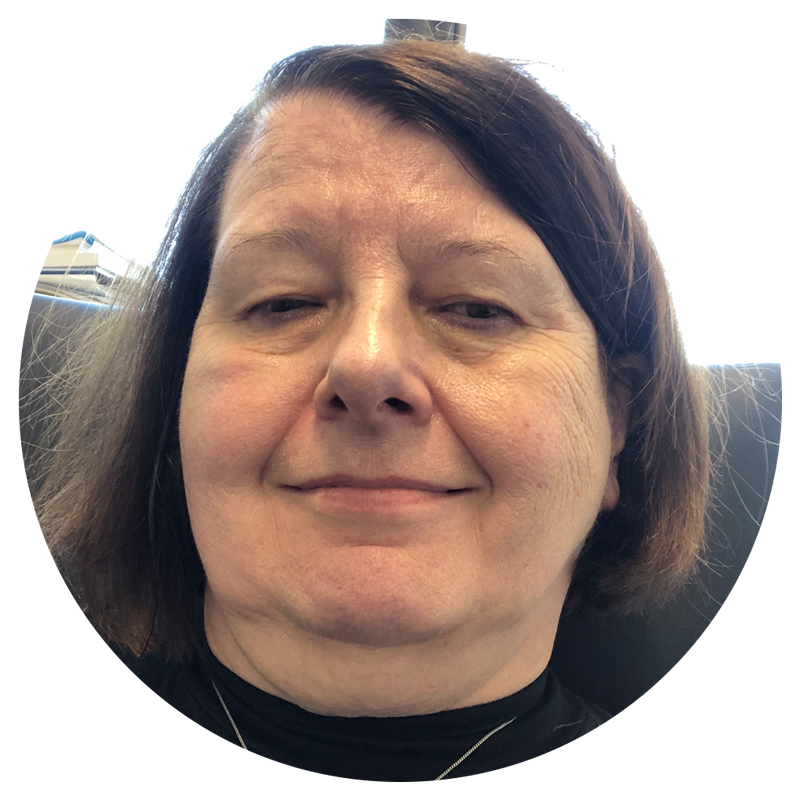Ann Daly is Professor of Pharmacogenetics at the Faculty of Medical Sciences, Newcastle University, Newcastle upon Tyne, UK. She holds BA and PhD degrees in Biochemistry from the University of Dublin (Trinity College). She was a postdoc at the University of Geneva and then moved to Newcastle University where she was a founder member of the Newcastle Pharmacogenetics Research Group. Her current research is focused on the genetic susceptibility to idiosyncratic adverse drug reactions, pharmacogenetics of the human cytochromes P450 and the genetics of complex diseases, particularly liver disease. She has published over 250 peer reviewed articles and has a H-index of 99.
Second Nordic Conference on Personalized Medicine
Speakers
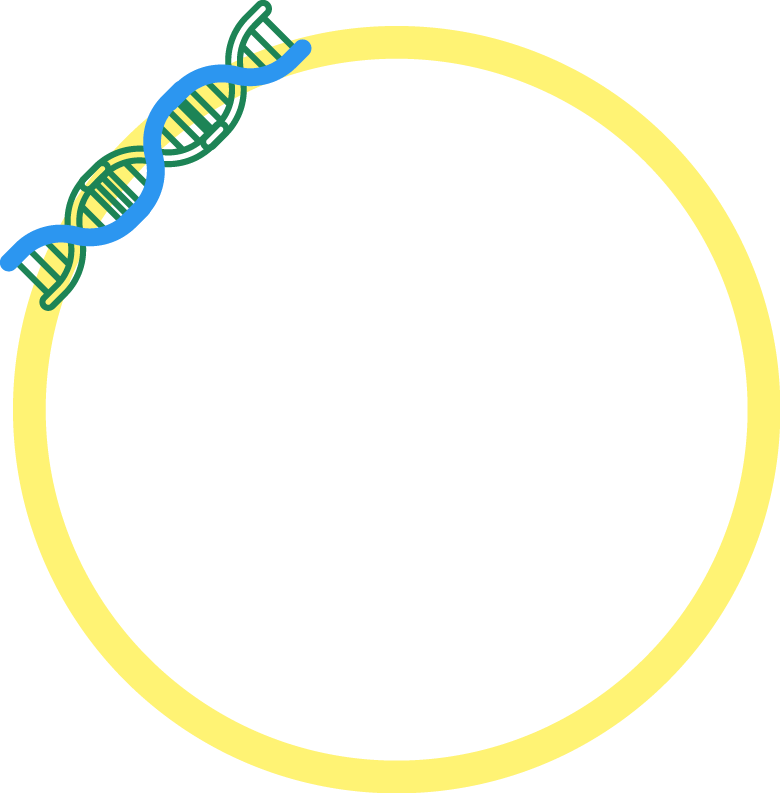
Speakers
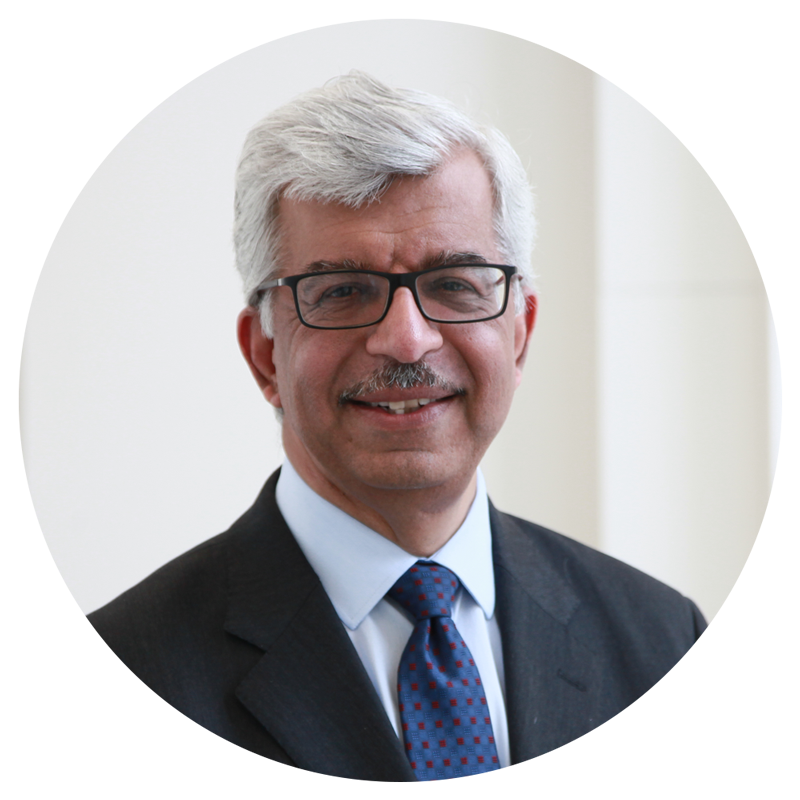
Munir Pirmohamed
University of Liverpool, United Kingdom
Read bio
Professor Sir Munir Pirmohamed is David Weatherall Chair of Medicine at the University of Liverpool, and a Consultant Physician at the Liverpool University Hospital Foundation NHS Trust.
He is Director of the Centre for Drug Safety Sciences, Director of the Wolfson Centre for Personalised Medicine and Director of HDR North. He is an inaugural National Institute for Health and Care Research Senior Investigator, Fellow of the Academy of Medical Sciences in the UK, and Chair of the Commission on Human Medicines. He is also a non-executive director of NHS England, and a medical trustee for the British Heart Foundation. He is the immediate Past-President of the British Pharmacological Society. He was awarded a Knights Bachelor in the Queen’s Birthday Honours in 2015.
His research focuses on:
• personalised medicine
• clinical pharmacology
• drug safety.
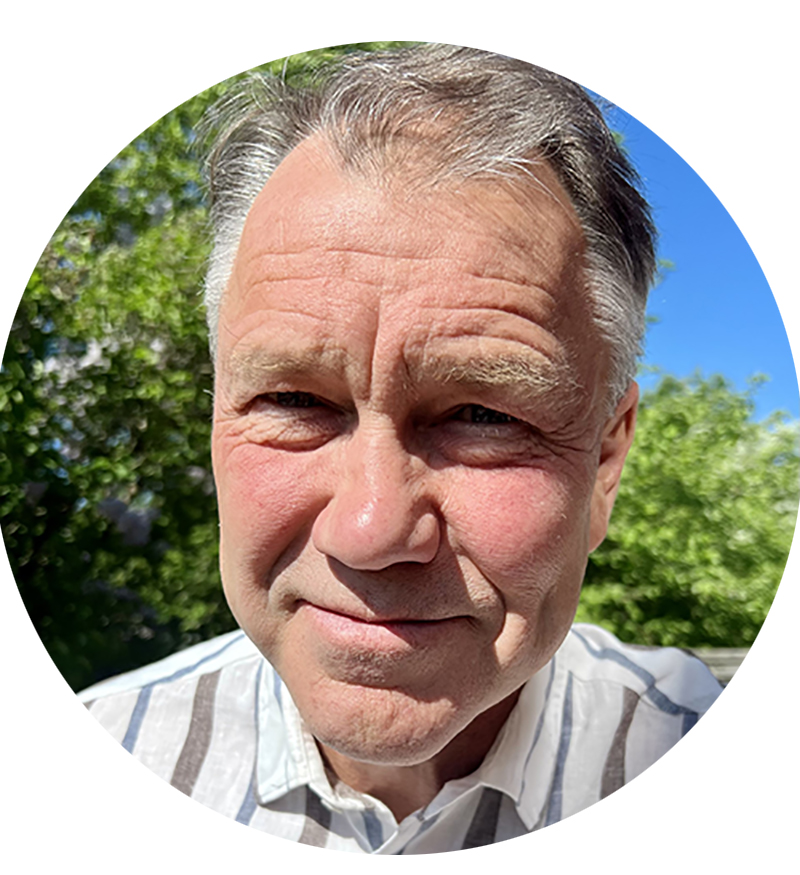
Erik Eliasson
Karolinska Institutet, Sweden
Read bio
Erik Eliasson is a senior specialist in clinical pharmacology and has a joint position at Karolinska Institutet and the Karolinska University Hospital. The main area of Eliasson’s research is variability in drug response and more specifically the relationship to variability in drug exposure levels, PKPD, renal function, drug-drug interactions, and polymorphic drug metabolism. In this respect, Eliasson has a broad experience ranging from basic experimental research to clinical training in hepatology and nephrology. He has also worked in early clinical drug development at AstraZeneca and more recently as a National-expert–on-secondment to the European Medicines Agency Scientific advice office. Today, Eliasson is the medical head of therapeutic drug monitoring and pharmacogenetics at the Clinical Pharmacology laboratory of Medical Diagnostics Karolinska. He is a member of the interdisciplinary Swedish Reference Groups on Antibiotics and Antimycotics, the Platinea antibiotics consortium, and the Pharmacogenomics work package of Genomic Medicine Sweden.

Henk-Jan Guchelaar
Leiden University Medical Center and University of Leiden, the Netherlands
Read bio
Henk-Jan Guchelaar studied Pharmacy at the Rijksuniversiteit Groningen (RuG) and specialized as a hospital pharmacist and clinical pharmacologist. Since 2003, he is employed as a clinical pharmacist and clinical pharmacologist and professor of clinical pharmacy and chair of the department of Clinical Pharmacy & Toxicology at Leiden University Medical Center.
Since october 2008, he is also appointed professor of Clinical Pharmacy at the Faculty of Science, Leiden Academic Center for Drug Research, University Leiden and chair of the Leiden University focus area ‘Translational Drug Discovery and Development’.
Pharmaceutical patientcare in oncology is his main area of clinical interest. He is program leader of the research program ‘Personalised Therapeutics’ investigating interindividual variability of drug response with an emphasis on pharmacogenomics. He is (co-)author of more than 600 (Web of Science indexed) articles (Pubmed: 420) in international peer reviewed scientific journals. Guchelaar is coordinator of the EU funded Horizon 2020 project Ubiquitous Pharmacogenomics (www.upgx.eu) aimed at implementing pre-emptive pharmacogenomic testing in the EU.
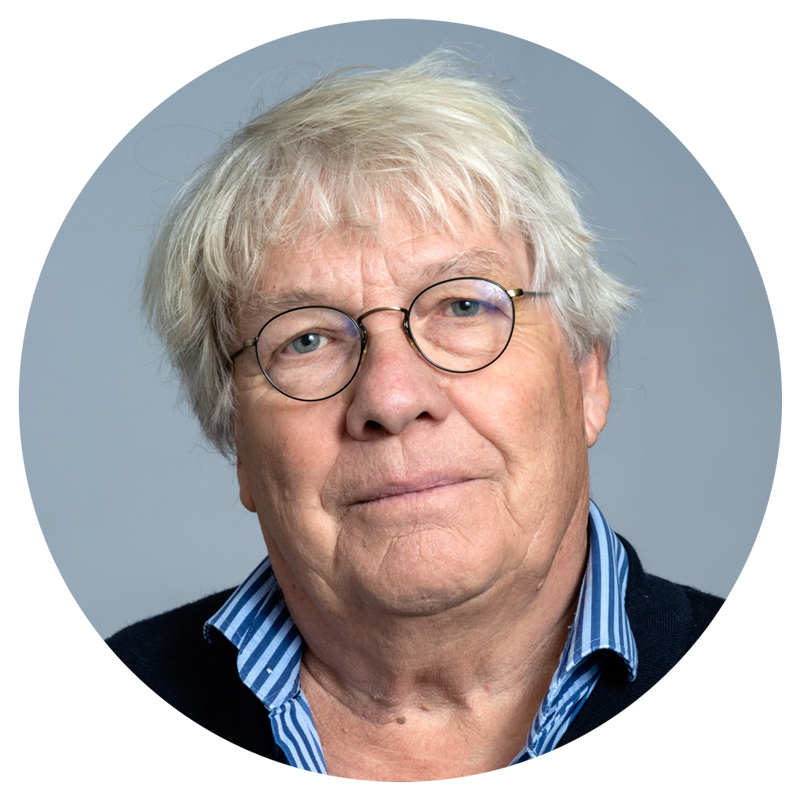
Magnus Ingelman-Sundberg
Karolinska Institutet, Sweden
Read bio
Magnus Ingelman-Sundberg, PhD; BSc.Med is Professor of Molecular Toxicology and research group
leader in Pharmacogenetics at the Department of Physiology and Pharmacology, Karolinska Institutet. He
has more than 500 original papers and a h-factor of 95 (ISI/Clarivate) or 124 (Google Scholar). Assigned
“Highly Cited Researcher” for 2014, 2015, 2016, 2017, 2021 and 2022 by Thomson & Reuters/Clarivate.
He was a member of The Nobel Assembly at Karolinska Institutet 2008-2018 and a member of Editorial
Advisory Boards of e.g. Trends in Pharmacological Sciences (Edit Board), Pharmacogenetics and
Genomics, Pharmacogenomics, Drug Metabolism Reviews, Drug Metabolism and Disposition, Human
Genomics. He has received numerous Awards, most recently the 2018 BCPT Nordic Prize in Basic and
Clinical Pharmacology and Toxicology and The RT Williams award and an honorary doctorship at
SydDansk University. His research focuses on genetics, polymorphism, regulation, function and
toxicology of the hepatic ADME system with aims at understanding interindividual differences in drug
response. Furthermore he develops novel hepatic in vitro systems for studying liver function, liver
diseases and validation of hepatic drug targets.
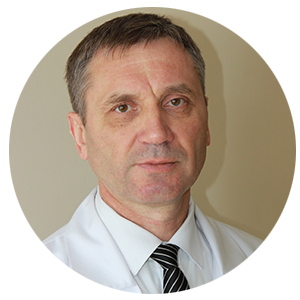
Romaldas Maciulaitis
Lithuanian University of Health Sciences, Lithuania
Read bio
Romaldas Mačiulaitis, 61, has completed his MD and PharmD studies more than 30 years ago and after PhD studies in clinical pharmacology he became involved into drug regulatory and scientific appraisals at the national (Lithuanian) and international (European) levels. Mostly involved as a national scientific expert for several European Medicines Agency, EMA Scientific Committees – Committee for Human Medicinal Products, CHMP (for last 14 years), the Committee for Advanced Therapies, CAT (since the very beginning of this Committee – for last 10 years) and Scientific Advice Working Party. He served also as a clinical expert in various scientific and regulatory areas, including nephrotoxicity biomarkers qualifications. He was rapporteur for several European regulatory scientific guidelines: 5 (Co-) Rapporteurships or contributions to European guidance documents on development of medicinal products (for Solid Organ Transplantation, Progression of Renal Failure, Acute Kidney Injury (CP phase), Cell Based Medicinal Products, Tissue Engineered Products, Stem Cell Therapies, Cartilage regeneration). He acted in 32 (Co-) Rapporteurships for scientific evaluations of European centralized marketing authorisation applications serving as a (Co-) Rapporteur and assessor of pharmacokinetic, pharmacodynamic, and clinical parts (therapeutic areas – nephrology, transplantation and immunology and others).
For the last 27 years he provides lectures and tutorships to undergraduates and for the last 6 years leads postgraduate residency program of medical clinical pharmacology in Lithuanian University of Health Science. He works as part time clinical nephrologist for the last 15 years and as medical clinical pharmacologist in the tertiary hospital Kaunas Clinics of Lithuanian University of Health Sciences.
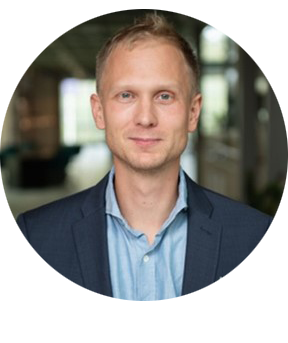
Joel Nordin
Karolinska Institutet, Sweden
Read bio
Joel Nordin defended his thesis 2017 at Karolinska Institutet. He received two postdoctoral scholarships, which allowed him to continue his career in Dr. Youshitsugu Aoki’s lab at the National Institute of Neurology and Psychiatry in Tokyo, Japan. After moving back to Karolinska Institutet he became an Assistant Professor and PI 2022. His group focus on novel targeting methods for Extracellular Vesicles (EVs) and visionary cell therapy concepts based on engineered EVs. Joel is furthermore an MD and resident in Clinical Immunology and Transfusion Medicine at Karolinska University Hospital, consultant for Evox Therapeutics, and a co-founder of Regain Therapeutics.
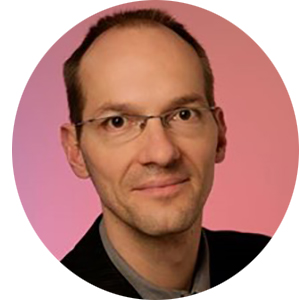
Stefan Oswald
University Medical Center Rostock, Germany
Read bio
Stefan Oswald, PhD, is working as a full professor of pharmacology at the Department of Pharmacology and Toxicology of the University Medical Center Rostock, Germany. He is pharmacist by training (Humboldt University Berlin) and received his PhD in 2007 from the Department of Clinical Pharmacology, Greifswald, Germany. His research interests are focused on the expression, regulation and function of transporter proteins and metabolizing enzymes in the human intestine and their impact on oral drug absorption, inter-subject variability in efficacy and safety of drugs as well as drug-drug interactions. He worked for over 18 years in the academic field of Pharmacology and Clinical Pharmacology and is author of over 100 papers in peer-review journals. His methodical expertise is the field of bioanalytics (small molecules and mass-spectrometry-based targeted proteomics), pharmacokinetics and in vitro models of transporter function.
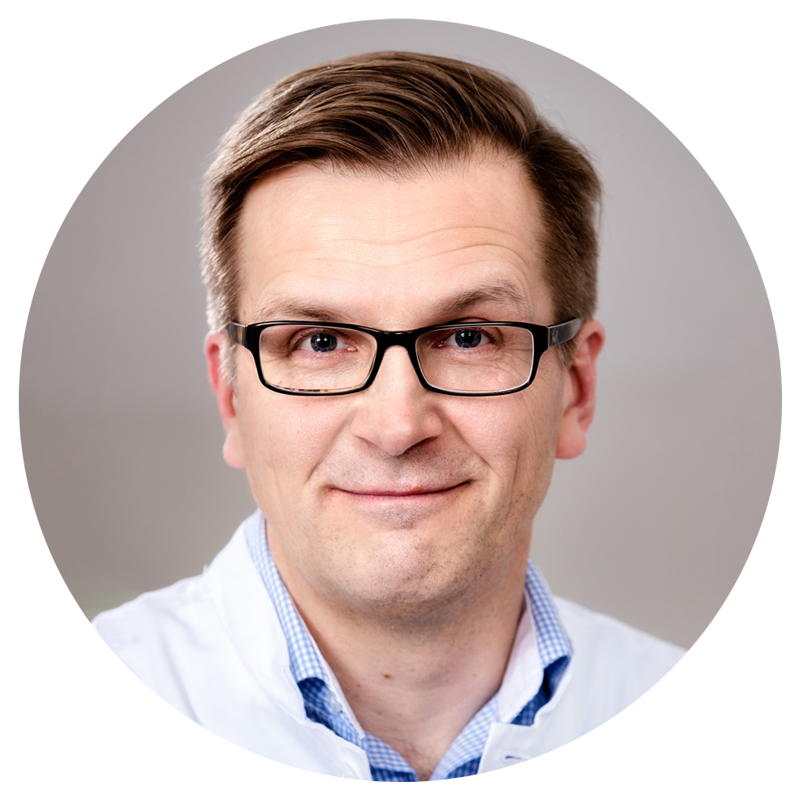
Kimmo Porkka
University of Helsinki, Finland
Read bio
Kimmo Porkka M.D, Ph.D. is a professor of clinical hematology at the University of Helsinki and his current clinical position is Head of the Department of Hematology at the Helsinki University Hospital Comprehensive Cancer Center in Finland.
Dr. Porkka received his medical degrees at the Universities of Turku and Helsinki in Finland. He has received clinical training in oncology, internal medicine and hematology.
Dr. Porkka`s research experience includes clinical epidemiology, clinical cancer research, human molecular genetics (genetic mapping of complex diseases), basic and applied cancer research on characterization of leukemia-specific proteins and ligands (post-doctoral visit at the Burnham Institute, La Jolla, USA).
Dr. Porkka`s current research interests relate to molecularly targeted therapies and immunotherapy of hematological malignancies. He has been the principal investigator in >40 Phase I-III clinical drug trials (academic and company-sponsored) on acute and chronic leukemias and performed closely linked translational science projects focusing on predictive biomarker discovery. He focuses on individualized therapy of relapsed acute leukemia and particularly interested in applying novel computational tools for integration and harmonization of deep disease profiling and clinical datasets residing in hospital datalakes for machine-assisted diagnostics, treatment selection and clinical trial matching.
Dr. Porkka is the founding principal investigator in the Finnish Hematology Registry and Biobank (FHRB; fhrb.fi) 2008-2022, which is a national, population-based registry and biobanking effort. He is the past chairman of the Finnish Hematology Association.
Dr. Porkka is an active member of the European Hematology Association (EHA), served in the EHA Board and Executive Board 2015-2022. He was the chair of the scientific program committee for the EHA annual meeting in 2020.
Prof. Porkka has more than 150 original publications in international peer reviewed journals, such as New England Journal of Medicine, Nature, Nature Medicine, Nature Genetics, Cancer Discovery, PNAS, Journal of Clinical Oncology, Blood, and Leukemia.
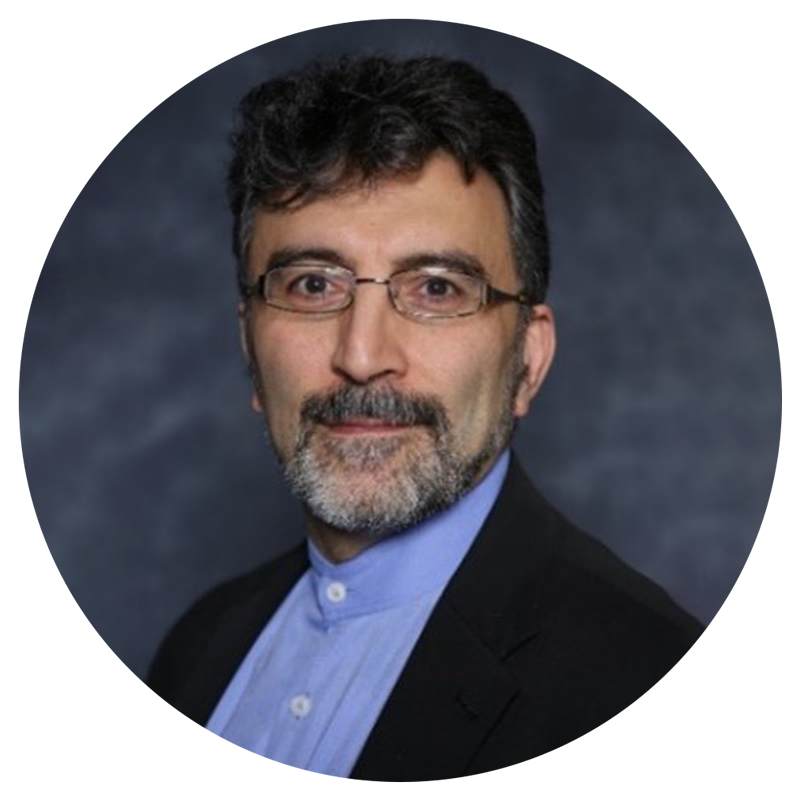
Amin Rostami-Hodjegan
University of Manchester, UK
Read bio
Professor of Systems Pharmacology and Director of Centre for Applied Pharmacokinetic Research (CAPKR), University of Manchester, UK & Chief Scientific Officer at Certara, Princeton, USA
The Institute of Scientific Information (ISI, Clativate) listed Amin as one of the world’s most highly cited researchers (under ‘Pharmacology & Toxicology’) in 2017. Amin is also at 0.05% top rank of the Highly Cited Researchers List by Elsevier for pharmacology (2021m Rabk 65). He has published over 300 peer reviewed highly influential scientific articles (>20,000 citations, h-index = 77; Google Scholar).
The work of Professor Rostami covers wide areas of drug development over the last 30 years, ranging from pharmaceutics (e.g. bioequivalence) to clinical pharmacology (e.g. mixture pharmacology of drug/metabolites), translational and systems pharmacology (e.g. quantitative proteomics of enzymes and transporter for in vitro to in vivo (IVIVE) scaling).
The biggest scientific achievements of Amin relate to his innovations in quantive translation of in vitro information on DMPK to their in vivo consequences and formulating them into simulation packages that are widely used by investigators in academia and industry. These earned him the OSCAR Award (Outstanding Scientific Contribution to Animal Replacement) as well as EUFEPS (European Federation of Pharmaceutical Sciences) Award for “New Sage Medicines Faster”.
Professor Rostami has been relentless in bringing new ideas and demonstrating the real world applications of new concepts and techniques and his latest work in the area of liquid biopsy applications in the field of personalised medicine is culmination of over 8 years of work that led to several patents and publications of highly influential papers (Achour et al 2021 and 2022) with ability to transform the individualisation of drug treatment (coined as a “game changer” by many experts in the area).
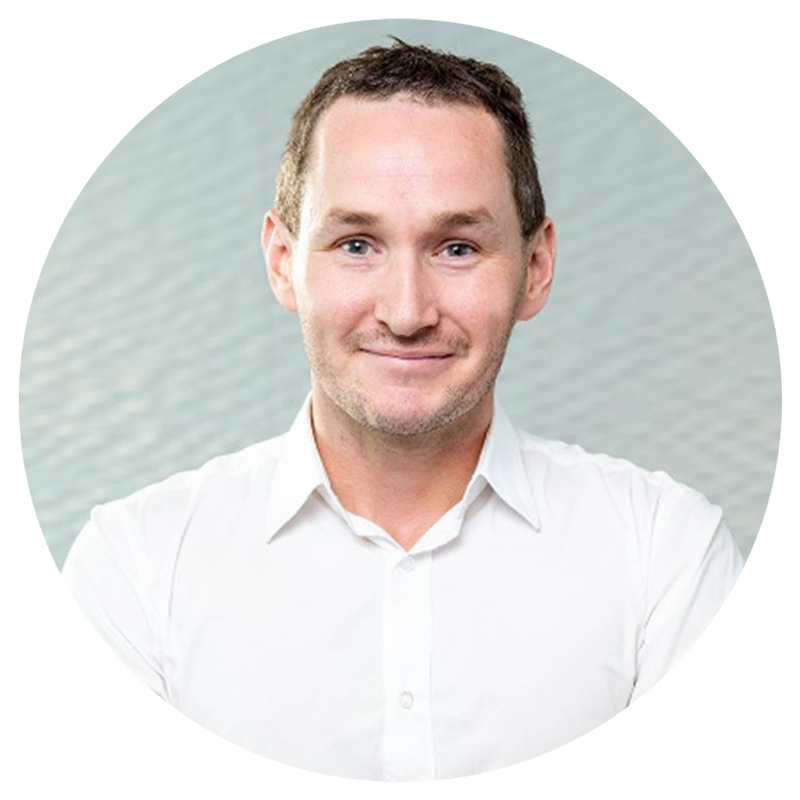
Andrew Rowland
Flinders University, Australia
Read bio
A/Prof Andrew Rowland is an academic in the College of Medicine and Public Health at Flinders University and a Cancer Council Beat Cancer Mid-Career Research Fellow. Through these roles Andrew leads a dynamic team of scientists and students undertaking cutting edge research in the fields of precision oncology and extracellular vesicle derived markers of drug exposure. Andrew’s impact is demonstrated through his authorship of 130 manuscripts that have been cited >4600 times, and through invited presentations at more than 20 national and international scientific meetings in the past 5 years.
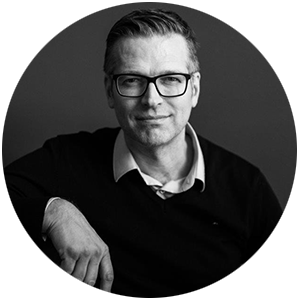
Niklas Sandler Topelius
CurifyLabs, Finland
Read bio
Niklas Sandler, PhD, Founder and Chief Technology Officer (CTO) at CurifyLabs. He has extensive experience in academia and industry, specialising in pharmaceutical product development and material science. His research in pharmaceutical technology has been published in over 100 papers in major international journals. Sandler’s academic work as professor at Åbo Akademi University (2009-2019) focused on novel pharmaceutical manufacturing technologies, process analytics, formulations for additive manufacturing (3D printing) and material characterisation.
Between 2019-2022 he was Chief Technology Officer at Nanoform Finland Ltd. CurifyLabs was founded in 2021 and is CurifyLabs is offering a unique approach to compounding medicines in pharmacies and hospital pharmacies through high-quality 3D printing of personalized medicines on site in pharmacies.
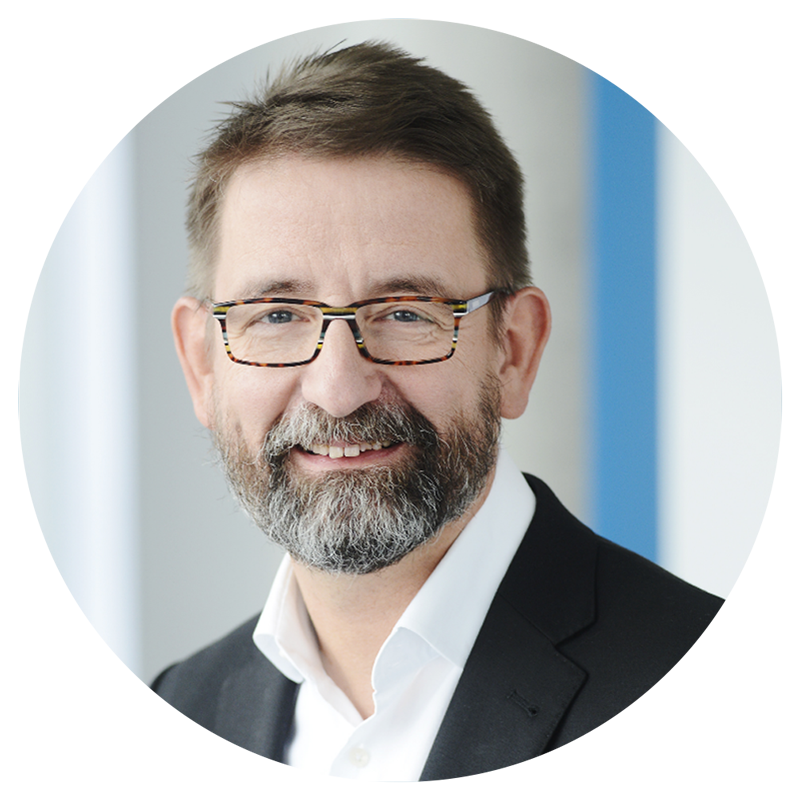
Matthias Schwab
University of Tuebingen and the Dr Margarete Fischer-Bosch-Institute of Clinical Pharmacology, Germany
Read bio
Matthias Schwab is professor and chair of Clinical Pharmacology, and heads the department of Clinical Pharmacology, University of Tuebingen and the Dr Margarete Fischer-Bosch-Institute of Clinical Pharmacology, Stuttgart, Germany. He studied medicine, holds board certifications in Pediatrics and in Clinical Pharmacology. He was visiting professor at St Jude Children’s Research Hospital, Memphis, US. Schwab’s scientific interests focus on personalized medicine and pharmacogenomics (PGx) and the contribution of ADME genes particularly related to cancer therapy. Special interests lies in the application of innovative Omics-technologies (e.g. metabonomics). He is involved in the implementation of PGx findings into clinics, principle investigator of several academically initiated drug trials. Schwab received numerous awards, and is member of the German Nat Academy of Sciences Leopoldina, the Academy of Sciences and Literature, Mainz, Germany and the Academia Europea. His scientific accomplishments result in > 400 peer reviewed articles and he serves as (Section-) Editor-in-Chief (Pharmacogenet Genom, Drug Res, Genom Med).
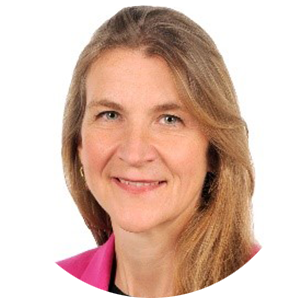
Julia Stingl
University RWTH Aachen, Germany
Read bio
University professor in clinical pharmacology, Julia Stingl is director of the Institute of Clinical Pharmacology at the University hospital of RWTH University Aachen, Germany. Before her move to the University RWTH Aachen, Dr. Stingl worked for seven years in drug regulation and research as vice president at the German drug regulatory authority, BfArM. Her research mostly focuses on Personalized Medicine and individual pharmacogenetic diagnostics. She pioneered the systematic development of personalized dose adjustments based upon differences in drug clearances caused by pharmacogenetic polymorphisms promoting the way of pharmacogenetics from bench to bedside. She explored individual variability in molecular or genetic influences on drug response and also worked on characterization of the physiological role of genetic polymorphisms in cytochrome P450 enzymes such as the brain expressed CYP2D6. She integrated new methods into pharmacogenetic research such as brain imaging techniques for visualization of individual drug effects and pharmacogenetic modulation. She is involved in several European projects on pharmacogenetics and personalized medicine, and is currently coordinator of the EraPerMed project Artipro on Artificial Intelligence methods for the prediction of response to antidepressant drugs involving multimodal biomarkers in several European countries and Israel. She has authored more than 270 publications in peer-reviewed scientific journals, has been cited more than 10,000 times with an average citation of 30 per article and an H-index of 54 (ISI web of science, July 2022).
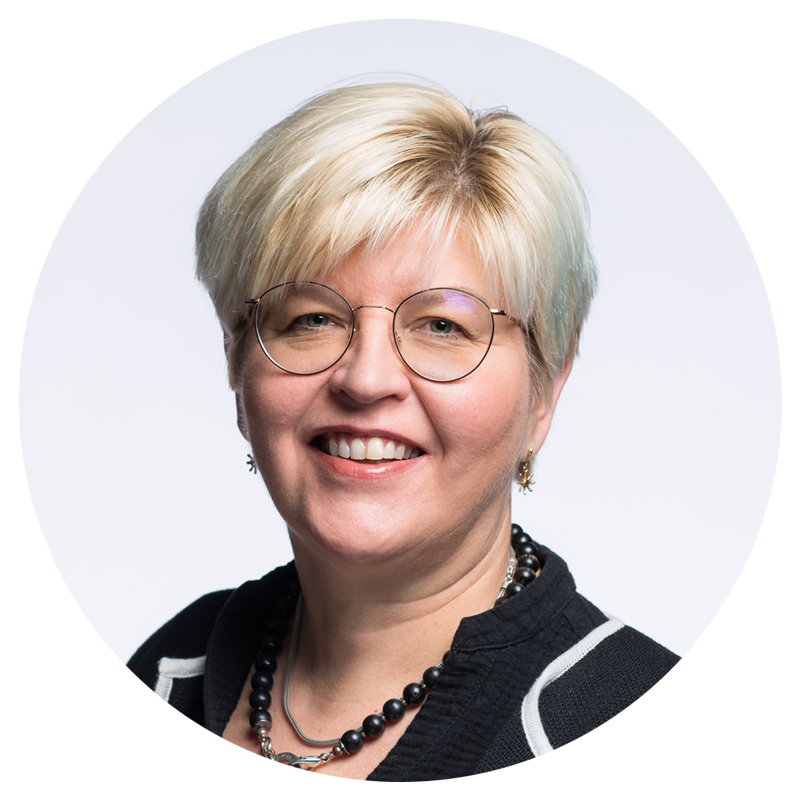
Outi Vaarala
Orion, Finland
Read bio
Professor Outi Vaarala, M.D., Ph.D. is a medical doctor (University of Helsinki) and has a PhD in immunology. Outi Vaarala was appointed as a Professor of Pediatric Immunology, Linkoping University, Sweden, in 2000, and as a Professor of Autoimmune Diseases, Lund University, Sweden, in 2015.
As of January 2023, she was appointed as Senior Vice President for Innovative Medicines Business and Research & Development of the Orion Group and is a member of the Orion Executive Management Board. Vaarala has held the position of Senior Vice President, R&D, 2020-2022, and Vice President of Oncology Research 2019-2020. Prior to Orion, Vaarala led drug discovery and development from target identification to clinical Phase 2 studies in Respiratory Inflammation and Autoimmunity therapy area, first at AstraZeneca, Sweden, and later at Medimmune/AstraZeneca, USA.
Outi Vaarala has excellent background and experience from various leadership positions in Research and Development in the international pharmaceutical industry as well as a long experience of immunology and remarkable career in the academy. She has published more than 200 peer-reviewed scientific articles in internationally renowned scientific journals.
Current key positions of trust: Member of the Board of Directors: Tampere University Foundation, Finland 2021- and Member of Steering Group, National Drug Discovery Development Platform, Karolinska Institutet, Stockholm, Sweden 2022-. Former key positions of trust: 2005-2014 Permanent expert at the European Medicines Agency (EMA).
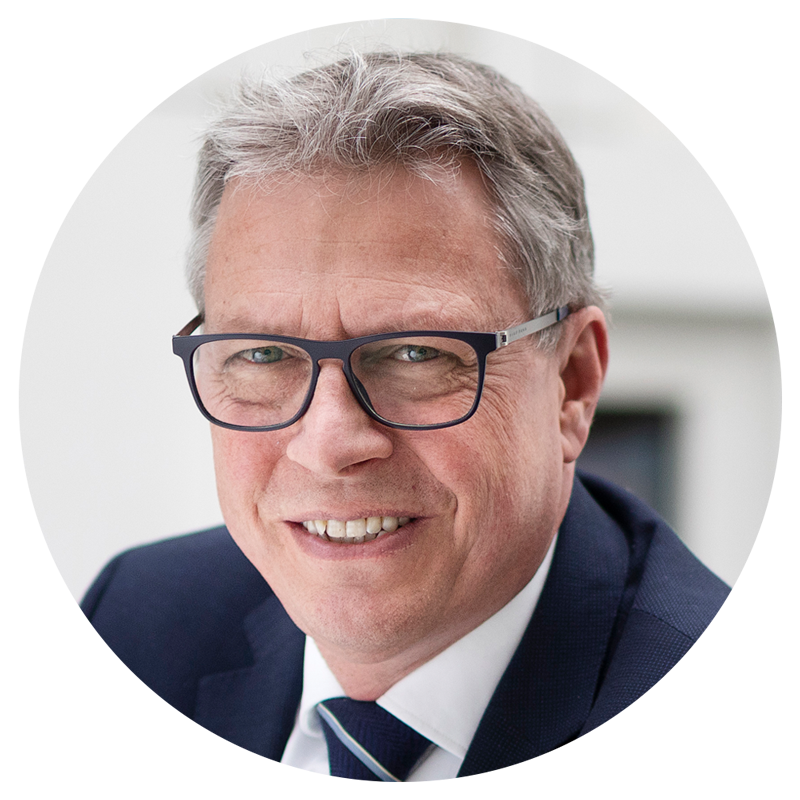
Ron van Schaik
Erasmus MC University Medical Center Rotterdam, the Netherlands
Read bio
Prof. Dr. Ron van Schaik (PhD, FACB) is a registered European Specialist Laboratory Medicine and a Full Professor of Pharmacogenetics since 2013. He is head of the Dept. Clinical Chemistry at the Erasmus MC University Medical Center Rotterdam, and Director of the International (IFCC) Expertcenter for Pharmacogenetics. Main interest is the implementation of pharmacogenetics in clinical practice. He published over 350 peer reviewed articles in this field. Specific research topics oncology, cardiology, psychiatry and pain medication. Prof van Schaik participates in several national and international groups on Pharmacogenetics, such as ESPT (Co-Founder/Past President), PGRN (founding member), CPIC, DPWG, IUPHAR, EMA, PharmVar and AMP. He is the recipient of the Ortho Clinical Diagnostics Award for Outstanding Research (2001), the AACC Outstanding Speaker Award (2009), and the AACC/Mol Pathology Award for Outstanding Scientific Research (2010). h-index 82 (Google Scholar).
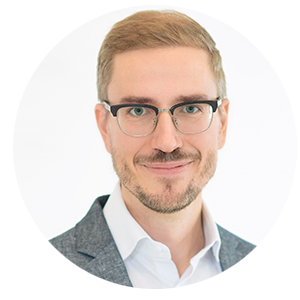
Matthias B. Wittwer
Roche, Switzerland
Read bio
Matthias Wittwer received his PhD in pharmaceutical sciences from the University of Basel in 2010. After a postdoctoral stay at the University of California, San Francisco (UCSF) in the laboratory of Kathy Giacomini, he started his industry career in 2013 at Bayer Pharma in Germany as a lab head and project leader in the department of Research Pharmacokinetics. In 2016, Matthias moved into a new role as drug metabolism and pharmacokinetics (DMPK) lab head and project leader for development projects at Bayer before joining Roche as DMPK and pharmacodynamics (PD) project leader in 2017. He works mostly on small molecule and ASO projects, driving their DMPK optimization and contributing to the successful development of novel drugs in different therapeutic areas.
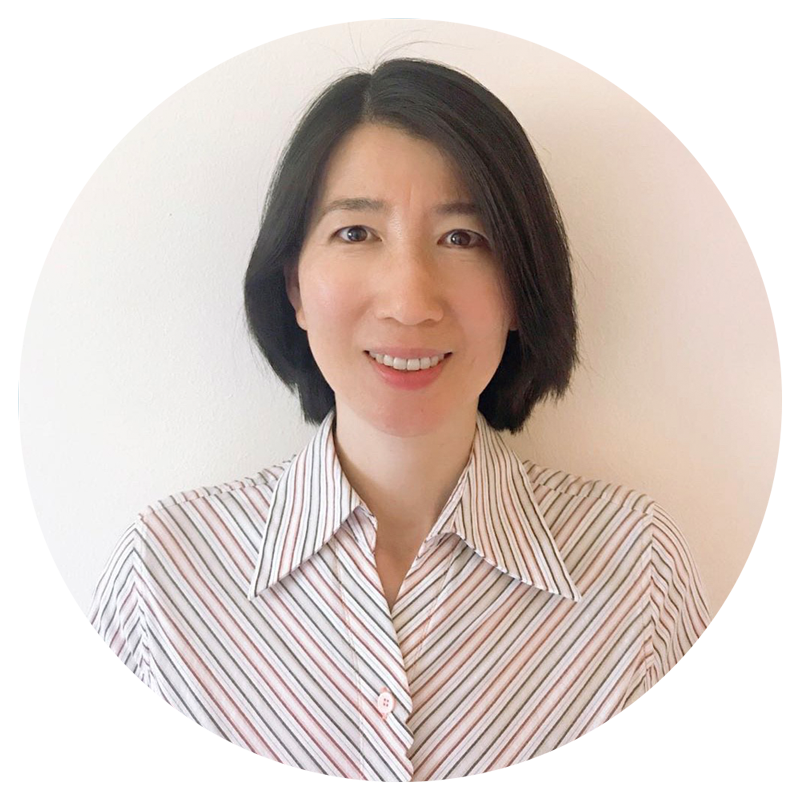
Jingjing Yu
University of Washington, United States
Read bio
Dr. Jingjing Yu, Clinical Associate Professor at the Department of Pharmaceutics, School of Pharmacy, University of Washington (UW, Seattle US), is the Associate Director of UW Drug Interaction Solutions (DIS). She joined DIS in 2013 as a Research Scientist and Project Manager. Her role and responsibility have increasingly expanded to manage and supervise the database content curation process and product development over the years. Dr. Yu holds an M.D. degree and a master’s degree in Psychology from Peking University (Beijing, China) and a PhD degree in Biology from Rensselaer Polytechnic Institute (Troy, NY). Prior to joining this team, Dr. Yu conducted drug metabolism and pharmacokinetics preclinical research at Cerep (now Eurofins) followed by cancer biomarker research at UW Medicine. Dr. Yu has published peer-reviewed articles and contributed to book chapters in the areas of drug interactions, pharmacokinetics, and clinical pharmacology. She is interested in safety evaluation of drugs and natural products, especially in drug interaction risk prediction, prevention, management, and clinical relevance evaluation.

